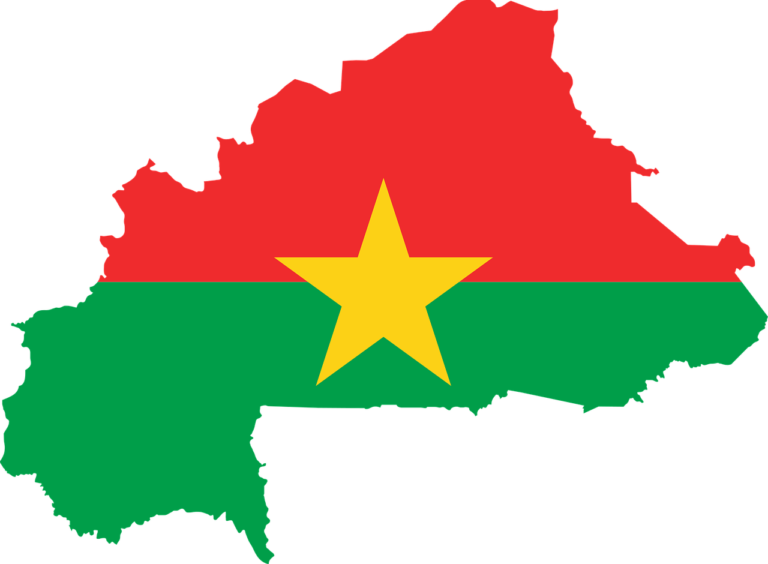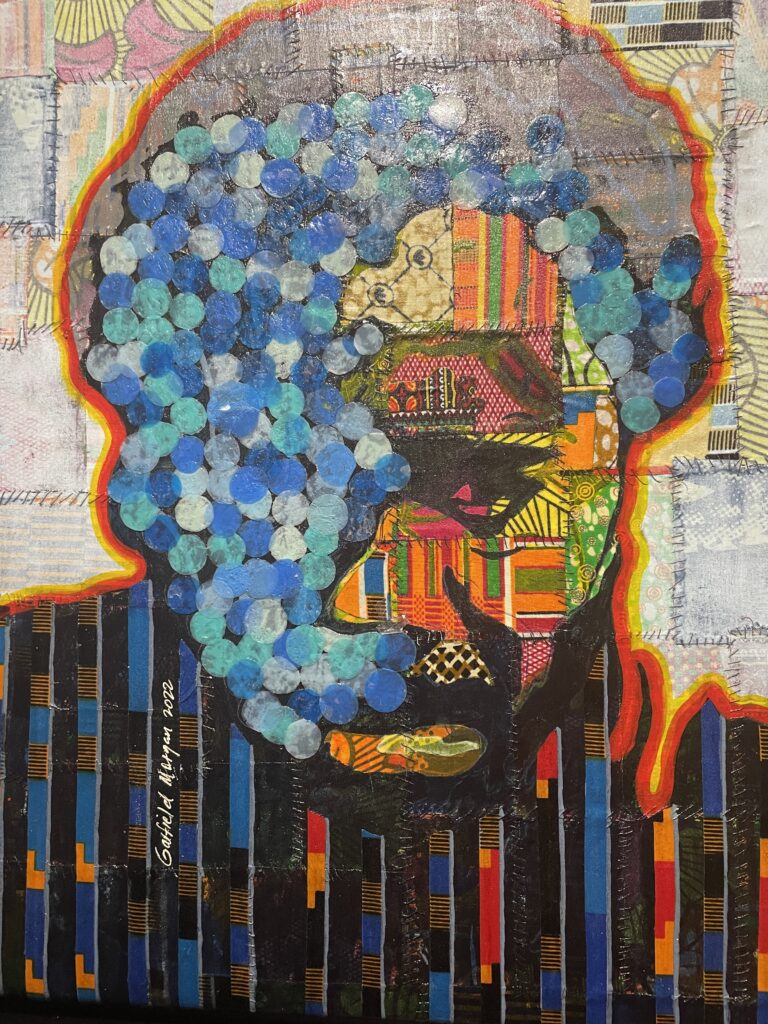Cameroon: A nation gradually moving toward chaos

Many people think that Cameroon is a West African country, probably because it shares a border with Nigeria, the African giant. Cameroon shares borders with Nigeria, Guinea Bissau, Chad, Central African Republic, Gabon and the Republic of Congo; it is niched in Central West Africa. One of the blessings of that country is that it has a long coastal line in the Gulf of Guinea. Its location is strategic, at the crossroads between West and Central Africa. Twenty-five million people live there, and 250 native languages are spoken. It is frequently mentioned these days that Cameroon is drifting towards a “real” civil war. What exactly is going on there?
Brief overview of key realities
The official languages of Cameroon are English and French. The French-speaking portion is larger than the Anglophone. In 1884, Cameroon became a German colony known as Kamerun. The country still has remnants of German influence since it remained a colony up to the end of WWI when it was divided between France and Britain. In 1960, the French-administered part of the country became independent as the Republic of Cameroun, under the leadership of Ahmadou Ahidjo. The Anglophone part entered a federation with the Francophone part in 1961 when the Federal Republic of Cameroon was born. Its history is one of considerable turmoil. The federation was abandoned in 1972, and the country was re-baptized as the Federal Republic of Cameroon. In 1984 it became known as the Republic of Cameroon.
One distinguishing feature of the country is the quasi syndrome of the one-party rule, since President Paul Biya has been in power since 1982, after President Ahidjo resigned. Biya had previously been prime minister. Both of these men are seen as puppets of France. Ahidjio was known to be a soft but effective pro-France leader, and since he came to power, Paul Biya has been known as the man of France. One often hears that he spends more than half of each year in France, and just a few months in Cameroon.
A non-represented and frustrated English-speaking section
One very often has the feeling that Cameroon is Francophone, until you speak to Cameroonians. Indeed, the Anglophone part of the country (which is smaller, 42,710 km²) is very unhappy and embittered because they feel neglected, suffocated under the heavy pressure of the Francophone rule. Ambazonia is a self-declared state, with the town of Buea as its capital. Conversation with Cameroonians reveal their dissatisfaction with the strong French influence in the fact that in gendarmerie training school (gendarmerie is a military force that exists only in the French tradition and Francophone countries, which is the equivalent of military police in the Anglophone system), the curriculum is entirely French. This means that men and women whose duty is to protect people, material belongings and to defend the integrity and ensure the safety of the country, graduate from this training school, incapacitated language-wise. How can someone who speaks only English receive adequate training in a school where the medium of instruction is French? This discontent and several others like it led to the creation of radical political parties or rallies in the Anglophone zone like the Southern Cameroon National Council, that asks for a total independence, in an English-speaking country called Ambazonian State. The last secession attempt led to open warfare in 2017.
Peaceful co-existence turned sour
The Southern Cameroons, christened ‘West Cameroon state’ and English-speaking, enjoyed regional autonomy alongside the ‘East Cameroon state’ between 1961 and 1972, despite the absence of the requisite treaty of union stipulated in UN Resolution 1608(xv)(5). E. M. L. Endeley served as the first premier of Southern Cameroons.
This is the situation in today’s Cameroon; first of all, the tension is easy to feel. People avoid using names like Ambazonia, they would rather say “Ambe” which is a proper name in Cameroon. Speculations have added a jihadist dimension to the conflict and as a result, people avoid using the term “Boko Haram”, they would rather say “beignet-haricot” which means beans cake and beans in French. In other words, in cities like Yaoundé and Douala, which are, respectively, the political and the economic hubs where the predominant language is French “beignet -haricot “the initials B and H stand for Boko Haram.
Sources have it that the Anglophone minority, which is assiduously fighting for their autonomy, is financed by some Cameroonians who espouse their ideologies and sympathize with them. Such monies are sent in such a way that no one can suspect that its aim is to sustain a war. Western Union transfers are made to families although the money is meant buy weapons for the Anglophone fighters. Many Cameroonian university students were granted asylum in Ouagadougou, Burkina Faso in the 1990s as refugees; they were certainly targeted as insurrectionists in Cameroon and were Anglophones. After some years in Burkina where they studied at the University, they migrated to countries like Canada and the USA where they were granted refugee status. Such persons would not hesitate to fuel the struggle of the Ambazonians. The formerly British Southern Cameroon is therefore rejecting a “de facto recolonization’ by a Cameroon under the control of France.
Some of the key leaders of Ambazonia are: E.M. L. Endeley, John Ngu Foncha and Solomon Tandeng Muna. Julius Ayuk Tabe, a top figure in the Anglophone separatist movement, was given a life sentence with nine others in August 2019. The tension is far from dwindling, and the Ambazonian fighters strongly believe that the Francophone troops are incompetent and afraid of them. As a result, it is common to see situations where French-speaking troops arrive intentionally late on scenes where Ambazonian fighters have massacred civilians and stripped them of their properties. It is generally said “they always come late, they are afraid of the Anglophone boys”. One needs to follow this crisis carefully. A potentially beautiful bilingual country endowed with all kinds of resources is about to join the sinister camp of African war-torn nations.
Moussa Traoré is a Senior Lecturer at the Department of English of the University of Cape Coast, Ghana.






